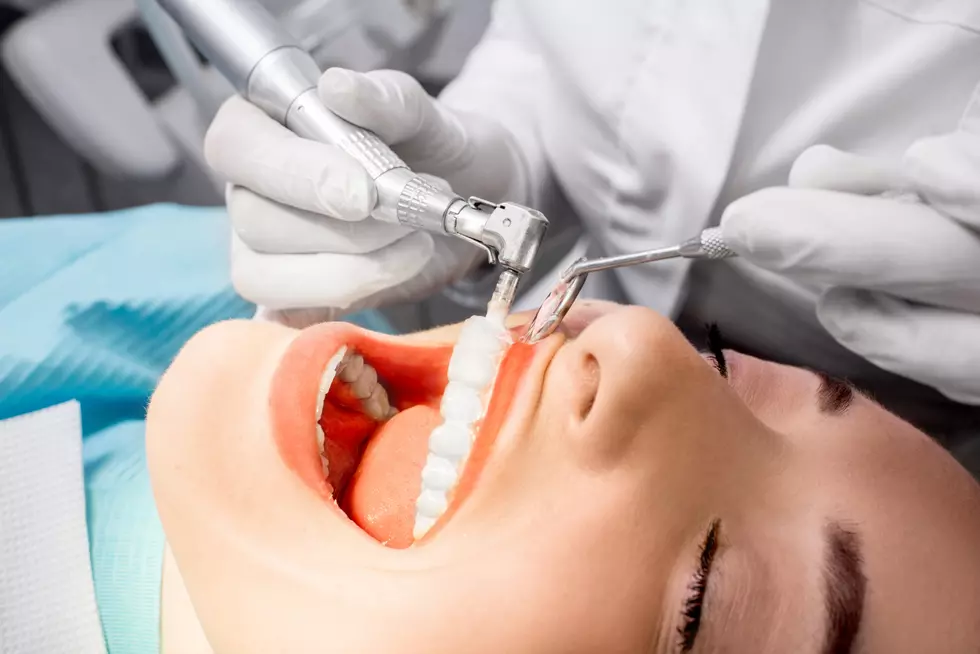
Before you get wisdom teeth removed, read this NJ warning
The Partnership for a Drug Free NJ has released two PSAS that focus on the dangers of wisdom teeth extraction and opiates
Dentists are the number one prescribers of opiates to kids between the ages of 10 and 19
Parents are urged to discuss alternative non-addicting pain meds with dentists prior to wisdom teeth extractions
A warning for anyone who needs to get their wisdom teeth out.
The Partnership for a Drug-Free New Jersey has released 15 and 30-second video public service announcements that are focused on key issues facing New Jersey families, specifically opiates and wisdom teeth extraction.
In 2023, the PDFNJ decided that one of its major efforts would be is to alert parents about the real dangers that come along with using opiates, and in particular, opiates that are prescribed for wisdom teeth removal, said PDFNJ Executive Director, Angelo Valente.
He said this is important because dentists are the number one prescribers of opiates to children between the ages of 10 and 19.
A study of 12th-grade students followed through age 23 suggested that the use of prescribed opioids before high school graduation is independently associated with a 33% increase in the risk of future opioid misuse after high school among patients with little drug experience and who disapprove of illegal drug use, Valente added.
Why the focus on wisdom teeth?
“There are so many young people who are getting exposed to opiates for the first time as the result of a wisdom teeth extraction and there are really many alternatives that are available that do not provide the same kind of consequences and where dependency can set in,” Valente said.
He also referred to a 2018 Stanford University study that showed that 6% of young patients and teenagers who were taking an opiate for a wisdom teeth extraction became dependent on opiates one year later.
What else can be taken for wisdom teeth pain?
There are safer alternatives to address acute pain without opiates, Valente said. Many dentists have been using over-the-counter medications, ibuprofen, and other medications that they have found to be very effective in addressing this type of pain.
“The best way to keep a young person or anyone for that matter away from potential opiate dependency is to be opiate naïve,” Valente said.
Many studies have shown that there are other medications to opiates that are safe in addressing pain from a wisdom tooth distraction, he added.
What do the video PSAs address?
The two video PSAs target parents.
“We’re asking parents to have that discussion with the dentist before the procedure to discuss what alternatives to opiates might be available as a first line of defense in addressing that acute pain,” Valente said.
The brain is still developing until a young person is well into their early 20s. Opiates are brain-altering drugs. So, it would be best not to have to use those drugs to alter the brain at any point when there are safe alternatives available.
What is the key takeaway?
“We hope that this is a message that will be universal, that we will always look for an opiate alternative, especially for a young person,” Valente said.
All of PDFNJ’s public service announcements can be found on New Jersey Transit buses, trains, PATH trains, bus shelters, and billboards throughout the state.
Jen Ursillo is a reporter and anchor for New Jersey 101.5. You can reach her at jennifer.ursillo@townsquaremedia.com
Click here to contact an editor about feedback or a correction for this story.
New Jersey's license plate designs through the years
Gallery Credit: Joe Votruba


